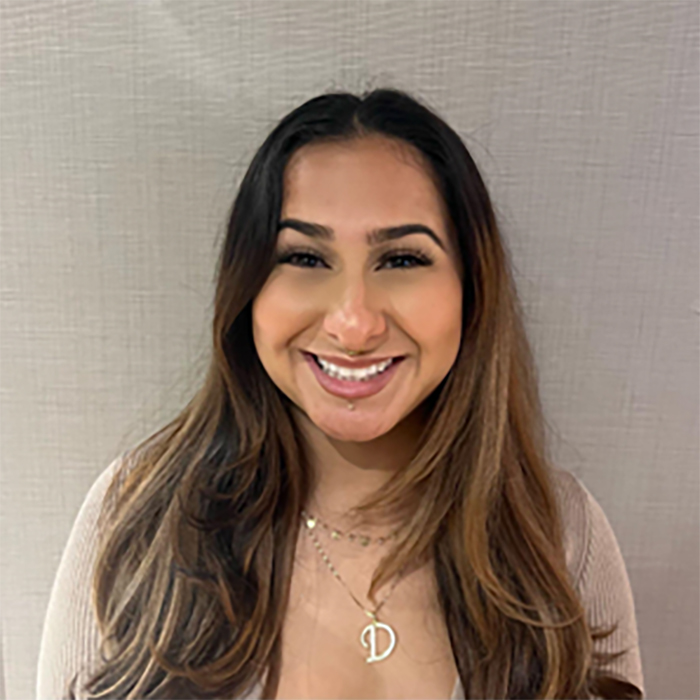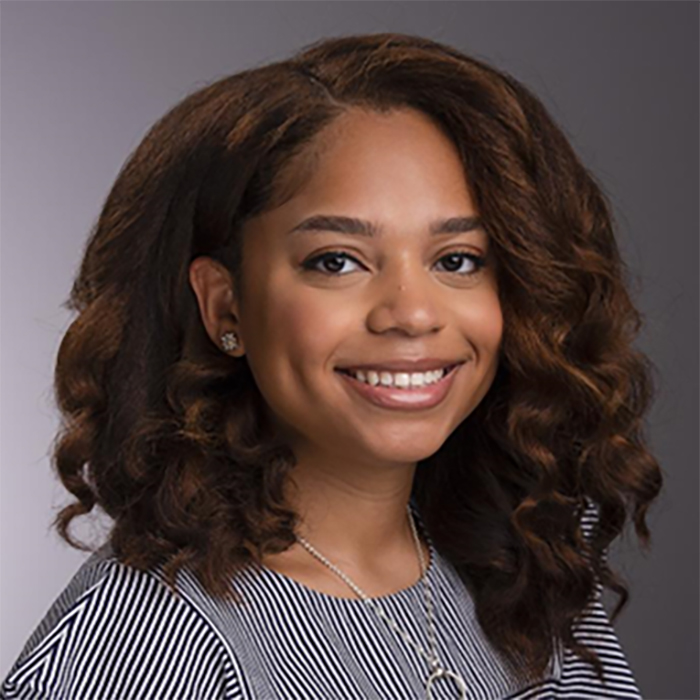School Psychology Spring Newsletter
Find out what's happening this spring.
The Master of Arts and Certificate of Advanced Study (C.A.S.) program in school psychology is fully accredited by the National Association of School Psychologists and produces graduates who are well prepared to function effectively in a growing and evolving profession.
This graduate program emphasizes early intervention and the use of data-driven, systematic problem-solving to address the needs of children and adolescents in the school setting. As part of a small cohort, you learn to provide consultation to teachers, families, and administrators; to complete comprehensive psychological evaluations of children and adolescents who present with social, emotional, academic and behavioral difficulties; and to offer direct counseling and intervention to children and adolescents. Throughout the program, you learn to evaluate the outcomes of services to ensure their effectiveness. The program promotes intervention and evaluation techniques that are empirically sound and sensitive to the diverse population of students that school psychologists serve.
You must complete both the M.A. and the C.A.S., which constitute a single program. If you already possess a master's degree in school psychology, courses from the M.A. in school psychology must be required courses in the current C.A.S. program to be accepted toward fulfilling requirements for the C.A.S. View degree requirements and course descriptions in the Graduate Catalog.
The school psychology program is fully accredited by the National Association of School Psychologists (NASP). Students who graduate from NASP-approved programs are eligible for individual certification as nationally certified school psychologists (NCSP) upon successful completion of the national certification examination and are recognized for their high caliber of training and field experiences. Students are also eligible for certification as school psychologists in Maryland (and in all other states that accept the NCSP credential) upon passing the certification examination.
View admission requirements and deadlines to apply to the program

There are numerous reasons why I chose Towson to earn my master’s degree. The greatest one is the reputation of TU’s school psychology program. Another is that TU fosters growth and knowledge for their students and has consistently produced some of the most talented school psychologists in Maryland.
Read More About Farrah Elsamaloty
The layout of the program is designed to prepare you for the multitude of responsibilities that we are required to execute within the field of school psychology; for example, being trained in academic and behavioral consultation and intervention, assessment, counseling, data collection, and so much more.
Read More About Miracle Mapp
I chose Towson to earn my Master's in school psychology because of the close ties to Baltimore city and county. Towson is uniquely situated in a county with diverse school districts. As a woman of color, I love that I'm able to work with culturally diverse students and use my experience in Diversity Equity and Inclusion programming in everything that I do.
Read More About Danielle WaltersThe program enjoys a cooperative relationship with all surrounding school systems, including those based in urban, suburban, and rural settings.
Graduate students “shadow” school psychologists and complete other course-related experiences in classrooms during the first year, and complete a 300-hour practicum in a local school system during the second year.
Students complete a 1,200-hour internship during the third year of the program. Throughout the program, students have the opportunity to assist faculty with research, although participation is not a requirement of the program.
Any questions about the program can be emailed to SchoolPSYC AT_TOWSON.